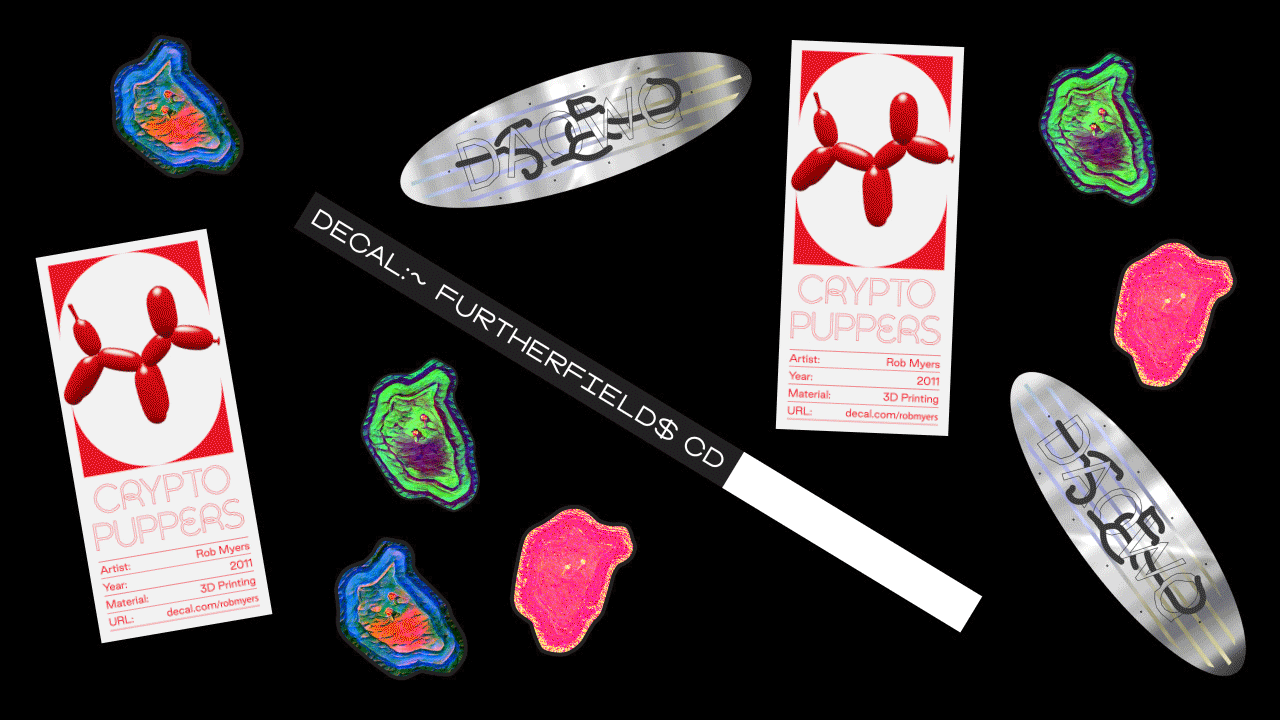
Furtherfield has worked with decentralised arts and technology practices since 1996 inspired by free and open source cultures, and before the great centralisation of the web.
Who cares about decentralisation?
10 years ago, blockchain technologies blew apart the idea of money and value as resources to be determined from the centre. This came with a promise, yet to be realised, to empower self-organised collectives of people through more distributed forms of governance and infrastructure. Now the distributed web movement is focusing on peer-to-peer connectivity and coordination with the aim of freeing us from the great commercial behemoths of the web.
What does decentralisation mean for the arts?
There is an awkward relationship between the felt value of the arts to the majority and the financial value of arts to a minority. The arts garner great wealth, while it is harder than ever to sustain arts practice in even the world’s richest cities.
In 2015 Furtherfield launched the Art Data Money programme of labs, exhibitions and debates to explore how blockchain technologies and new uses of data might enable a new commons for the arts in the age of networks. This was followed by a range of critical art and blockchain research programming:
- 2015 – The Human Face of Cryptoeconomies, exhibition at Furtherfield Gallery, featuring FaceCoin by Rob Myers, and Building the Activist Bloomberg Terminal by Brett Scott.
- 2016 – Short film: The Blockchain – Change Everything Forever, Furtherfield in collaboration with Digital Catapult.
- 2017 – New World Order European exhibition tour as part of the State Machines programme featuring Plantoids by O’khaos and Terra0
- 2017 – Book: Artists Re:Thinking the Blockchain, published by Furtherfield, Torque editions, Liverpool University Press.
Building on this and our DAOWO lab series, we have developed DECAL – our Decentralised Arts Lab and research hub.
Working with leading visionary artists and thinkers, DECAL opens up new channels between artworld stakeholders, blockchain and web3.0 businesses. Through the lab we will mobilise research and development by leading artists, using blockchain and web 3.0 technologies to experiment in transnational cooperative infrastructures, decentralised artforms and practices, and improved systems literacy for arts and technology spaces. Our goal is to develop fairer, more dynamic and connected cultural ecologies and economies.
2019 DECAL projects:
- Collective – an artist led research project on value creation for collecting 21st Century art forms, with Arteïa.
- CultureStake – a system for equitable opt-in for cultural community stakeholders. With oscoin, the decentralised network to allow a fair economy for world’s open source software.
- DAOWO World Tour of the blockchain laboratory and debate series for reinventing the arts – with Ruth Catlow, and Ben Vickers, Serpentine Galleries with Goethe-Institut London.
For more see our Art and Blockchain resource page.
